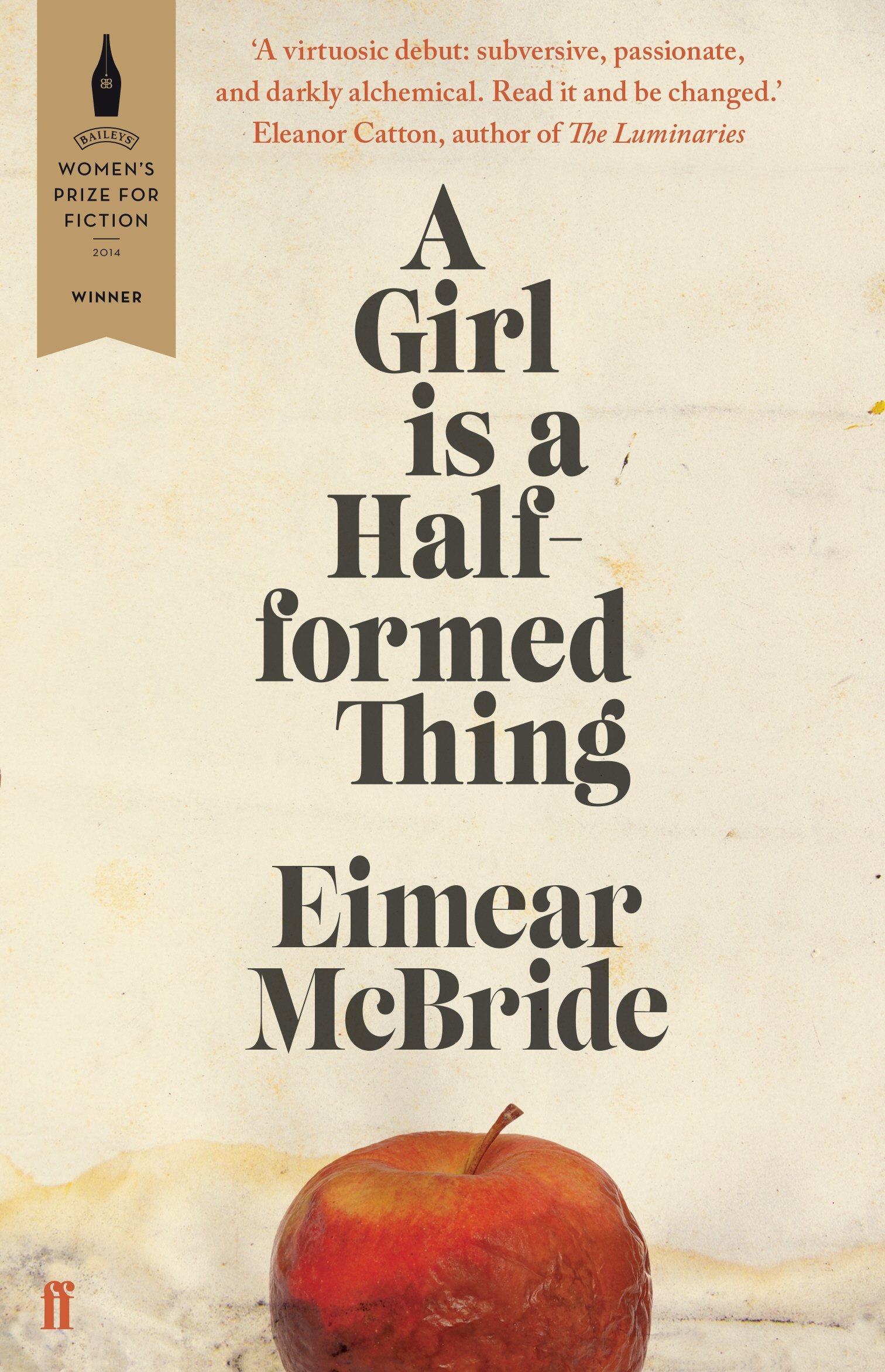A Girl is a Half-formed Thing by Eimear McBride
★★★☆☆
A Girl is a Half-Formed Thing tells the story of an unnamed female protagonist living in Ireland with her older brother - whose childhood brain tumour casts a long shadow over the family - and her fanatically religious mother. As she grows up and moves away from home, the girl navigates abuse, sexual assault and the stress of her brother’s failing health; as well as the relentless double-standards imposed on her by both her family and wider society.
The book’s experimental writing style proved to be divisive among book club members. It is written in a stream-of-consciousness, disjointed style with no speech marks and sparse punctuation. It is also distinctly Irish in both its dialect and themes, leading some members to feel that they were missing out on important context.
We never learn any of the character’s names; the protagonist is ‘I’ and her brother is ‘you’. Nor do we find out when or where in Ireland the book is set, meaning that there is little to grasp on to when getting into the story. Add to that the books challenging topics – sexual abuse, domestic abuse, illness and death, and some readers struggled to get through more than a couple of pages.
Nevertheless, the book did lead to an interesting discussion, particularly surrounding its content. None of the book’s more disturbing elements were mentioned in the blurb, begging the question of whether authors and publishers have a responsibility to readers to warn them of what’s coming.
Though the writing style is challenging, it does demand that you slow down to read it, with some of us even opting to listen to the audiobook and read the physical book at the same time. It’s distinct style sets it apart from other coming of age novels, and the rest of the Women’s Prize shortlist, which it won in 2014.
Though not always the easiest book to read, there is no denying that the book is powerful and unflinching in its depiction of difficult and traumatic events, and made for a very interesting discussion.
Review by Ciara


